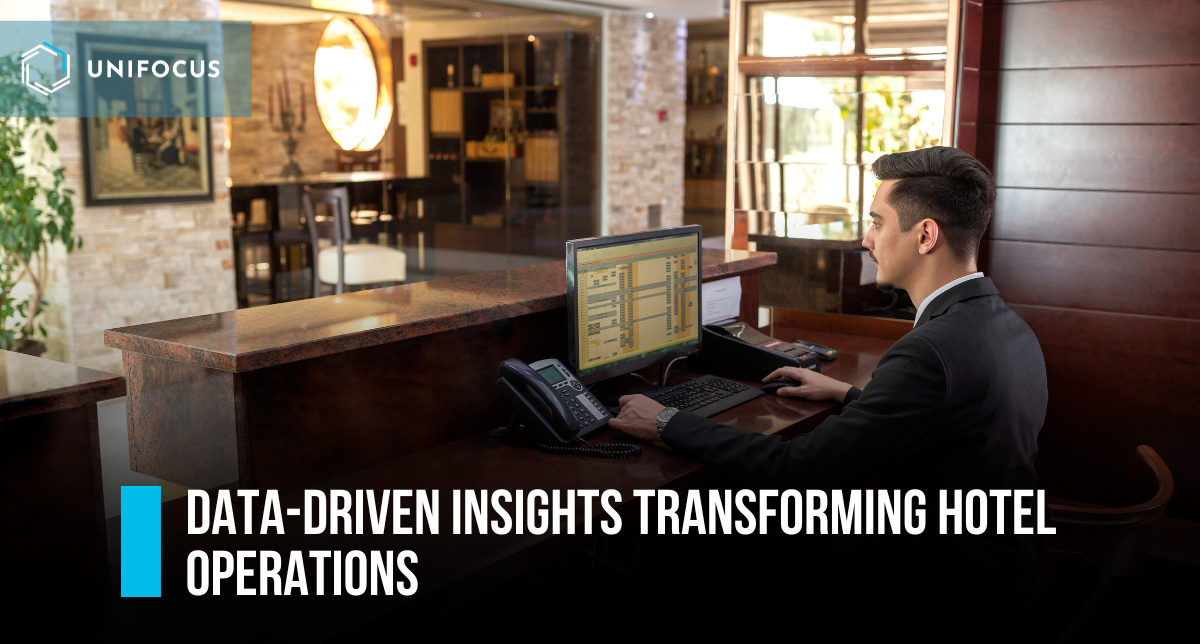The hospitality industry is highly competitive, with new brands constantly entering the market. In such a dynamic landscape, it is essential for hotel brands to differentiate themselves from the competition. One key aspect of this differentiation is the adoption of effective workforce management technology.
The Importance of Workforce Management Technology:
Effective workforce management is essential to ensure the smooth functioning of hotel operations. Workforce management technology includes a range of tools and systems that enable efficient scheduling, timekeeping, payroll management, and workforce analytics. The use of such technology can improve productivity, reduce labor costs, and enhance the guest experience.
Workforce management technology is especially critical for hotels with a large workforce, as it can help manage the complexity of scheduling and managing employees across different departments and shifts. For example, hotels that have different restaurants, bars, and spas may require a complex scheduling system to ensure adequate staffing levels throughout the day.
How Workforce Management Technology Sets Hotel Brands Apart:
- Enhanced Guest Experience: Effective workforce management technology can help ensure that guests have a seamless experience during their stay. This includes ensuring that there are enough staff members available to attend to guests' needs, reducing wait times, and providing personalized service. Hotels that use workforce management technology can also gain insights into guest preferences and behaviors, allowing them to tailor their services to meet specific needs.
- Increased Efficiency: Effective workforce management technology can help hotels streamline their operations, reducing labor costs and increasing efficiency. By automating tasks such as scheduling and timekeeping, hotels can reduce errors and save time, allowing staff to focus on more important tasks, such as providing excellent guest service.
- Improved Employee Engagement: Workforce management technology can also improve employee engagement and job satisfaction. By using technology to provide employees with greater flexibility and control over their schedules, hotels can increase employee satisfaction and reduce turnover. Additionally, by providing employees with access to real-time data on their performance, hotels can empower them to take ownership of their work and improve their skills. Happy and engaged employees are able to provide exceptional guest experiences that can help define a brand.
- Competitive Advantage: By adopting effective workforce management technology, hotels can gain a competitive advantage over their rivals. This is particularly true for new brands entering the market, who may struggle to establish themselves against existing competitors. By using technology to provide excellent guest service, reduce labor costs, and increase efficiency, new brands can differentiate themselves and attract a loyal customer base.
In a highly competitive industry such as hospitality, differentiation is essential for success. Effective workforce management technology is one key way in which hotel brands can set themselves apart from the competition. By providing excellent guest service, reducing labor costs, increasing efficiency, and improving employee engagement, hotels can gain a competitive advantage and establish themselves as leaders in the industry. As such, the adoption of effective workforce management technology should be a top priority for all hotel brands.

 Why Hotel Brands Win by Leveraging Operations and Technology" >
Why Hotel Brands Win by Leveraging Operations and Technology" >







